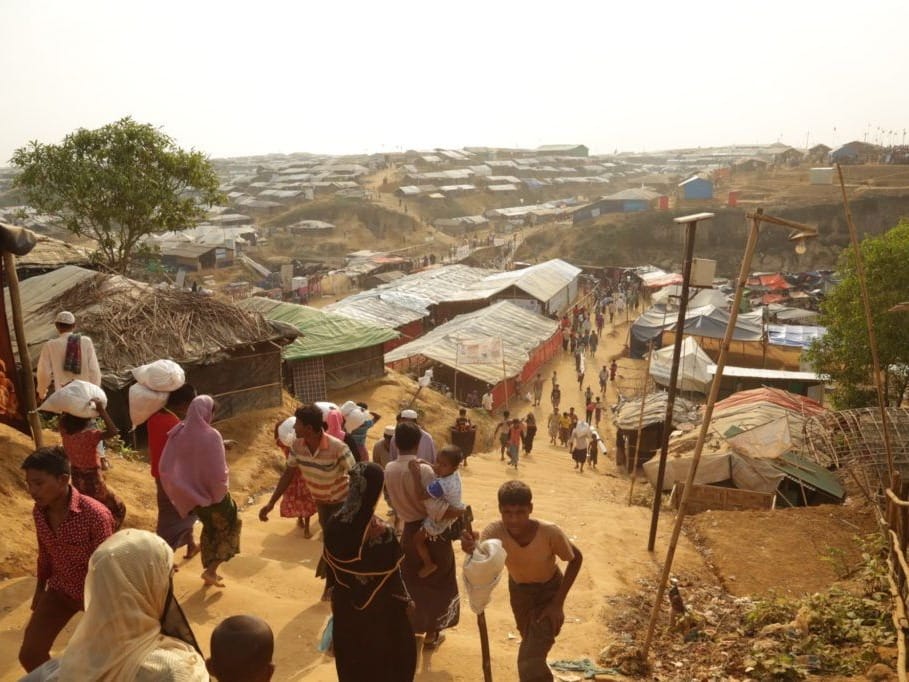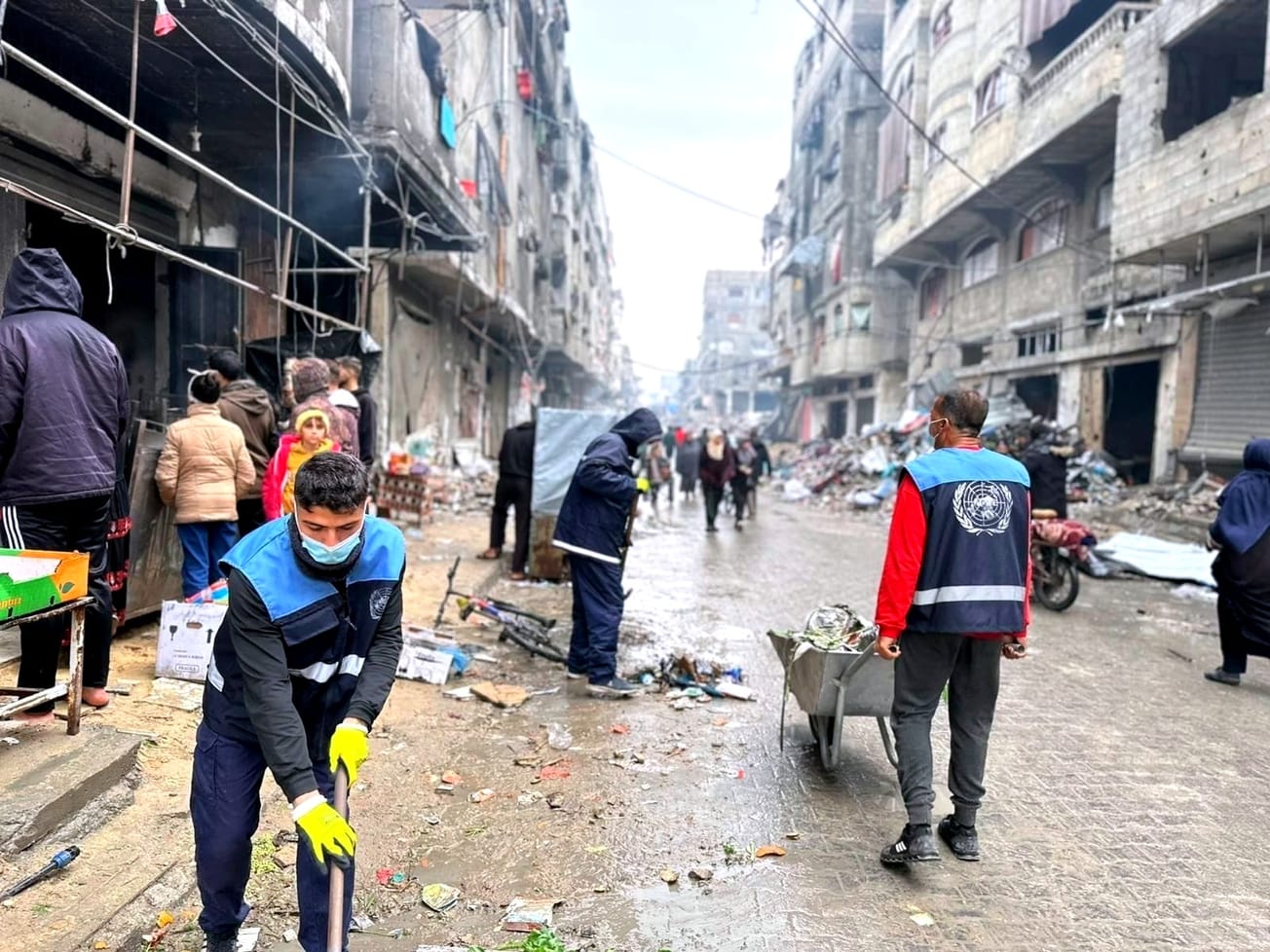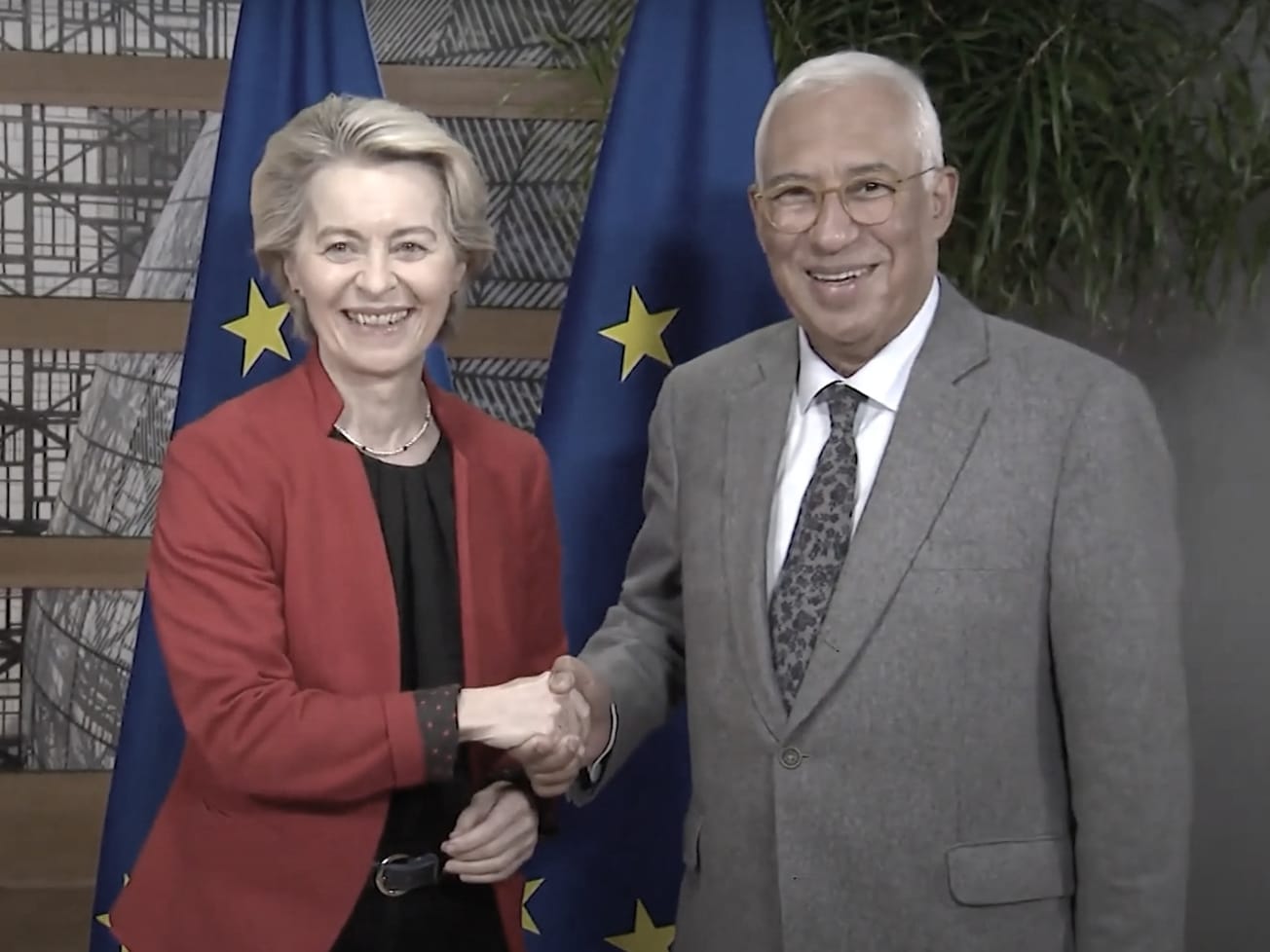GENEVA (AN) — A special U.N. fact-finding mission wrapped up two years of investigation urging the international community on Monday to hold Myanmar's military responsible for "genocidal acts" against the Muslim Rohingya minority.
The Independent International Fact-Finding Mission on Myanmar said in its 187-page report that the Rohingya people have experienced marginalization, discrimination and brutality at the hands of the Myanmar armed forces, the Tatmadaw.









